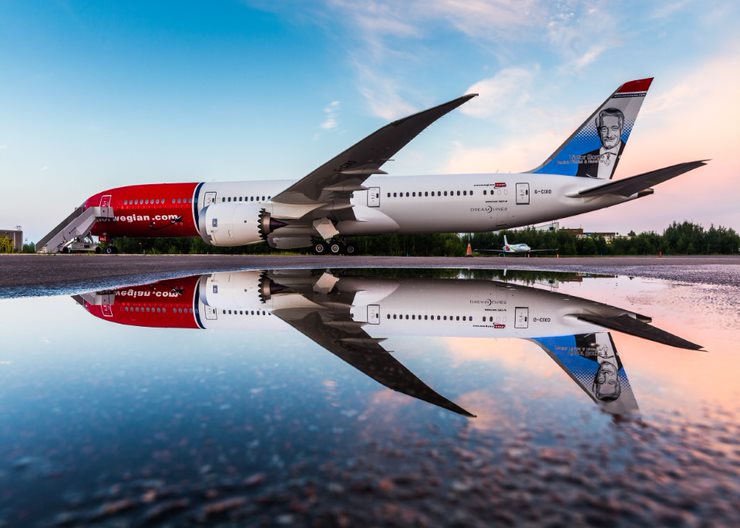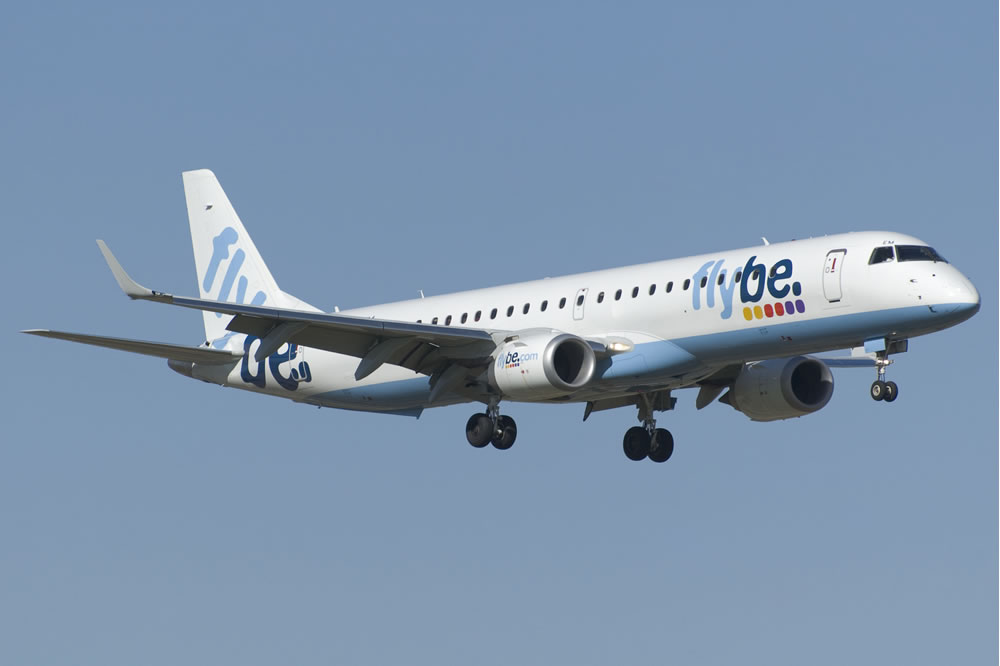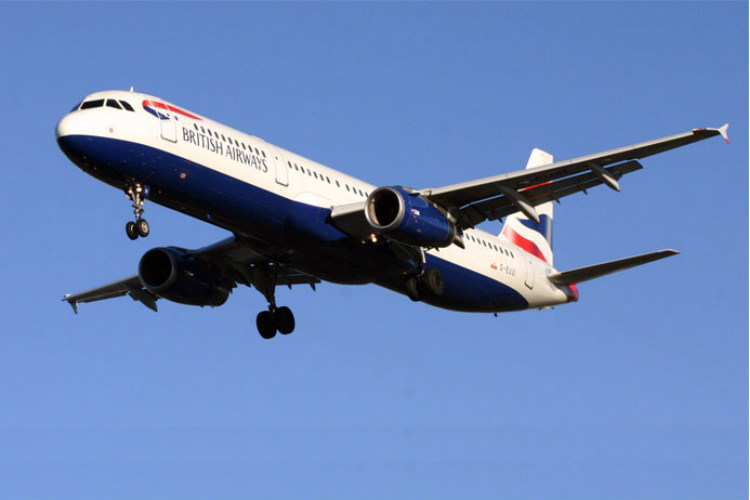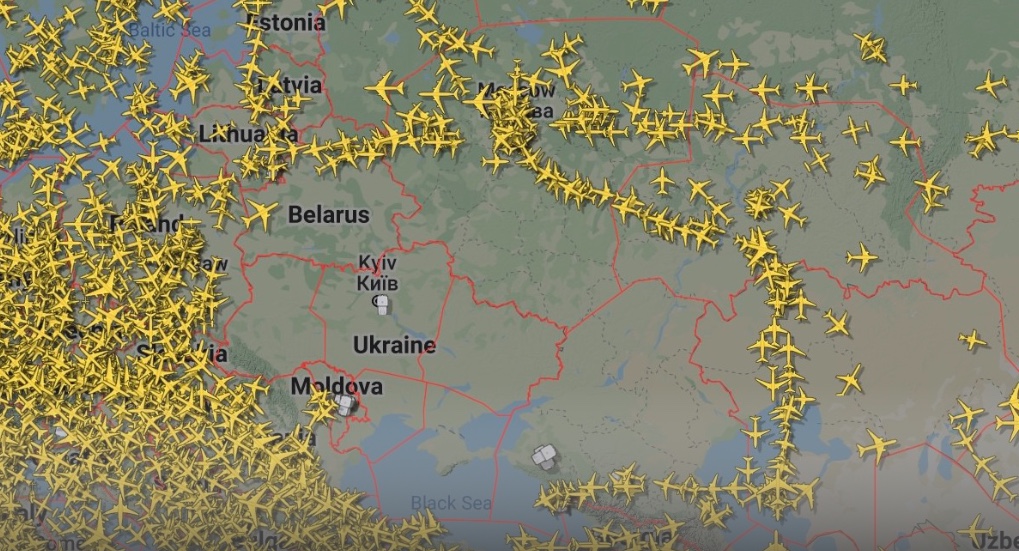What is the future for long haul intercontinental travel?
Norwegian Air Shuttle is cutting back its route network. It will no longer be flying longhaul, focussing instead on its short to medium haul operations. The airline was operating a B787 fleet to the USA off the back of its success in Europe. The airline has had to admit defeat as it battles massive debt.
CEO Jacob Schram says, ‘Our focus is to rebuild a strong, profitable Norwegian so that we can safeguard as many jobs as possible. We do not expect customer demand in the long haul sector to recover in the near future, and our focus will be on developing our short haul network as we emerge from the reorganisation process”.
So gone are the longhaul routes to the US, South America and Asia. Instead, to survive, ‘it will provide a new start for the company. By focusing our operation on a short haul network, we aim to attract existing and new investors, serve our customers and support the wider infrastructure and travel industry in Norway and across the Nordics and Europe.’
But in reality, Norwegian is back where it started nearly years ago, just with more debt this time, a staggering estimated USD7.4bn. Even before the pandemic, Norwegian was teetering on the brink. It is an amazing feat to have survived at all, thanks largely to state aid in the opening stages of the pandemic.
But the longhaul market has taken a battering with COVID. IATA data shows that international travel is down by 88percent compared to January 2019. Even domestic recovery has halted at -41percent year on year. Where the pandemic has abated such as in Australia, New Zealand, and China – the only growth is in domestic travel and that is by no means secure. Even in China and Russia, where domestic markets had largely recovered by the end of last year, domestic traffic is declining again following new outbreaks.

Boeing and Airbus too have seen catastrophic falls in their longhaul wide body aircraft sales. Airbus has seen wide body deliveries fall from 173 across all types in 2019 to 82 in 2020. Deliveries of its A350 fleet fall by just over half in the space of a year. A330s including the Neo variant account for less than half of 2020 deliveries compared to 2019, and its A380, which was already on the way out, has naturally declined to lower single digits.

Boeing delivered 114 wide bodies in 2020 a decline year on year of around 60percent.
The pandemic seems to be spelling the end for the ambitions of low cost longhaul market, or indeed longhaul international around the world.
It has been the major disruptor of business travel and almost killed off all international travel, with the exception of travel corridors/bubbles between participating countries. International travel cannot survive governments introducing border closures, travel bans, extended quarantine and the loss of many intercontinental markets.
Europe continues to struggle with the ‘second wave’ of outbreaks. While vaccination programmes get underway, the lag in recovery is resulting in a stalling for recovery for all airlines across the board.
The airline and travel sector is urging governments to come up with a global standard in testing as an exit strategy. The industry sees vaccination as part of the solution, but not the only solution. But, IATA’s Director general Alexandre de Juniac admitted reluctantly this week, that governments were not interested in a standard test as a way to stimulate travel. That has been the problem from the outset, the fragmentation of policies to fight the economic impacts of COVID on a global level. Instead each government takes unilateral steps without regard for a global standardised strategy.

There is a hint of hope with IATA’s new Travel Pass, which is in trials with Singapore Airlines. This gathers essential data such as test results which can be shared on a voluntary basis between passenger, airline and country of destination’s government, to enable international travel. But it is still in its very early stages.







